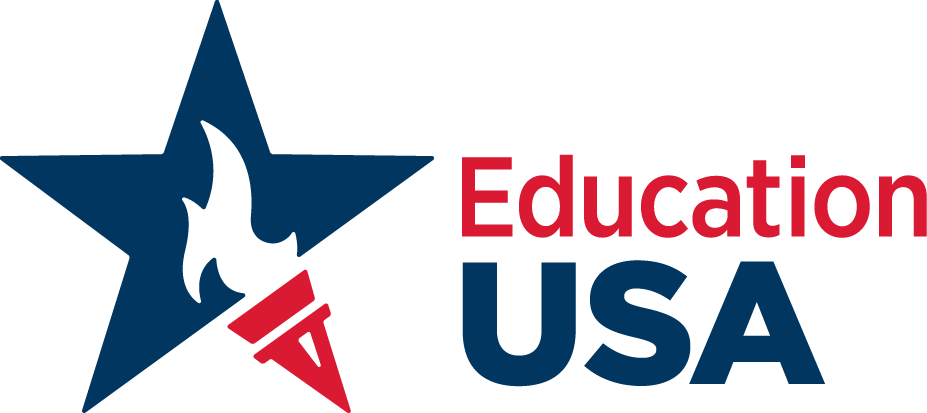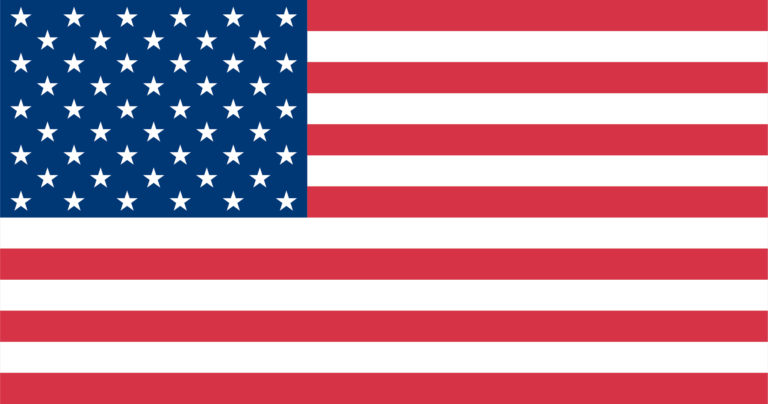In today’s spotlight blog post, we’re talking about the experience of pursuing an LL.M. — or master of laws — degree from a law school in the United States. This post will address a number of common questions about the LL.M. experience, including:
- What is an LL.M. degree, and why might a foreign-trained lawyer be interested in an LL.M. from an American law school?
- What factors should prospective students consider when applying to law school?
- What does the application process look like?
- How do law students pay for their studies?
Legal Education in the USA
First, let’s take a look at the legal education system in the United States. Unlike in Belgium, where future lawyers begin their legal studies immediately after secondary school, law is not studied at the undergraduate level in the United States. While some colleges and universities may offer “pre-law” concentrations or majors at the bachelor level, the vast majority of American-trained lawyers do not begin their legal studies until after college. After completing a four-year bachelor’s degree, they apply to law school to pursue a three-year Juris Doctor (JD) degree.
As EducationUSA Advisers, we meet a lot of smart, motivated high school students who want to study law in the USA. However, the unique legal education system in the United States means that for future lawyers, getting a bachelor’s degree in the USA is probably not the right choice. Rather, most law students choose to complete their legal education right here in Belgium and to later pursue a complementary master’s degree, or LL.M., in the United States.
An LL.M., or master of laws, is an advanced degree for those who have already received a first degree in law. Completed in just one year of full-time study, an LL.M. degrees allows a lawyer to expand their resume through intensive international study. Depending on the program, the experience can provide opportunities to further specialize — for example, in fields like Human Rights Law or Tax Law. Finally, graduates of LL.M. programs have the opportunity to gain further professional qualifications and experience in the USA, like sitting the bar exam and completing Optional Practical Training (OPT) after graduation.
Law schools all over the world — including in Belgium! — offer complementary master’s degree programs. So why do so many lawyers choose the USA as their destination? To answer this question, let’s check out another short webinar produced by advisers at EducationUSA Belgium and ask some real law school representatives what THEY think.
Finding the Right Fit
At EducationUSA Belgium, we stress the importance of finding “the right fit” for you when applying to study in the United States. We believe that no matter how amazing an institution might be, no college or university will be perfect for EVERY applicant … and the same rule applies to LL.M. programs! The program that seems perfect for your classmate or coworker might not appeal to your academic, professional, or personal interests.
When deciding where to apply, prospective applicants should think seriously about their academic and professional goals and how an LL.M. will help them to achieve them. It can be tempting to focus on one or two criteria, like name recognition or perceived prestige, when selecting an institution … but there are many other important factors you should consider!
No matter what level or field of study you are interested in, we encourage all prospective students to think about four aspects when finding the right fit:
- Academic profile, including the focus of the program (what is the general curriculum? does it offer specializations?), the academic resources available to students, the selectivity of the admissions process, and the application requirements.
- Overall experience, including the size and student population of the law school and LL.M. program, the university culture, and the setting (urban vs. rural, public vs. private).
- Cost and financial aid options, including the cost of tuition, the availability of need- and merit-based financial aid, and the cost of living in the area.
- Support services, including things like student wellness services (is there an on-campus health center? what about mental health facilities?), international student services, and professional development services.
Want to know more? For more details about each of these four aspects and more perspectives about how to choose an LL.M. program, check out the short videos below.
Submitting an Application
At both the undergraduate and graduate level, the application procedure for colleges and universities in the United States can seem overwhelming at first glance. As EducationUSA Advisers, we encourage prospective students to start early and stay organized. Prospective students should make sure to keep track of application requirements and deadlines for all of the programs to which they are considering applying.
Application requirements differ depending on the institution, but most law schools in the USA will require LL.M. applicants to the submit the following:
- Resume
- Proof of legal studies
- Proof of English proficiency (e.g., TOEFL)
- Transcript from previous studies
- Letters of recommendation from professors and/or employers
- Essay or personal statement
If this sounds like a lot to keep track of, don’t panic! Many LL.M. programs recommend that students use the LL.M. Credential Assembly Service provided by LSAC in order to gather materials like transcripts, diplomas, etc. (See below for more details!)
When preparing your application, keep in mind that application requirements and deadlines differ from one institution to another. (This is the third time we’ve said it … which means it must be important!) While one program might accept an unlimited number of recommendation letters, another might have a maximum of three. While one program might accept IELTS scores as proof of English proficiency, another might require that applicants take the TOEFL. You should be able to find a detailed, up-to-date list of application requirements on the program’s website, like this series of FAQs from Harvard Law School or this thorough overview from Loyola Law School, Los Angeles.
Financing Your Studies
It is true that a degree from a U.S. law school can come with a hefty price tag. However, it is important to remember that an LL.M. degree is an investment: by getting a master’s degree from a U.S. law school, you are investing in your future job prospects and earning potential!
The vast majority of international students pay for most of their costs with personal or family funds, but there are opportunities for scholarships, loans, and institutional financial aid. Lawyers and law students in Belgium are eligible for funding from a number of sources, including the Fulbright Commission (for scholarships and Partner Awards), the Fernand Lazard Foundation (for interest-free loans and need-based scholarships), and the Belgian American Educational Foundation (for scholarships).
This ten-minute video, produced by EducationUSA Belgium, discusses the different ways in which students can finance their LL.M. degree.
Learn More
Want to learn more about the LL.M. Experience in the USA?
- Attend a recruitment event. EducationUSA Belgium organizes an annual LL.M. Fair with representatives from over twenty U.S. law schools. Sign up for our newsletter to be informed of upcoming events near you!
- Visit the LSAC website. In addition to running the LSAT (a standardized required for admission to JD programs), the Law Student Admission Council offers a number of free resources to prospective applicants. Most importantly, their LLM Credential Assembly Service allows applicants to gather the documents needed to apply to multiple law schools through one simplified procedure. Learn more at www.lsac.org.
- Reach out to an admissions officer. What is the best source of information about a particular law school? The law school itself. If you have a particular question and can’t find the answer on the program’s website, don’t hesitate to reach out to the Admissions Office for more information.
- Take advantage of resources available on your campus or at your firm. Law faculties and law firms in Belgium are full of lawyers and law professors who made the choice to pursue an LL.M. from a U.S. law school. Why not schedule an informational interview with them to discuss your plans and get advice about your application? In addition, current students should consider stopping by the International Relations office at their university to learn about potential scholarships as well as opportunities available for short-term exchanges in the USA.


